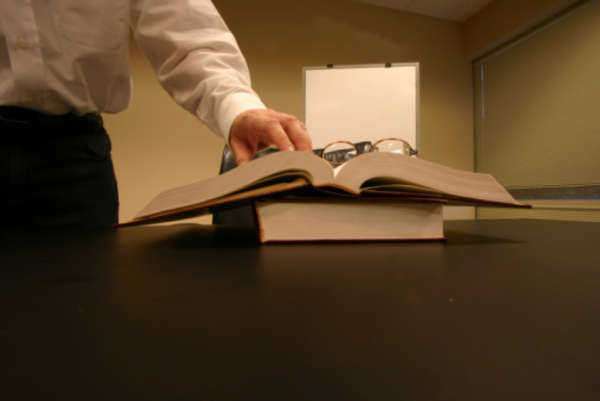What Implications Does the Exhaustion Doctrine Have?
Patent ownership in the United States is often defined in language which adopts a primarily negative sense of the rights given for the purposes of patent protection

In contrast to this argument, advocates for stronger patent protection have argued that the sale of copies or other specific examples of the patented product do not wholly hand over the rights, as are provided for in patent protection, in these products. Going by this understanding, exhaustion of the patent ownership does not take place in a commercial transaction.
Instead, the patent holder offers the consumer the benefits that may be gained from the use of an individual product's use while continuing to hold intellectual property rights in the product as a whole. By this argument, intellectual property rights trump the rights of physical ownership. This reasoning is used by patent holders to justify warnings on mechanical devices, for instance, against their modification.